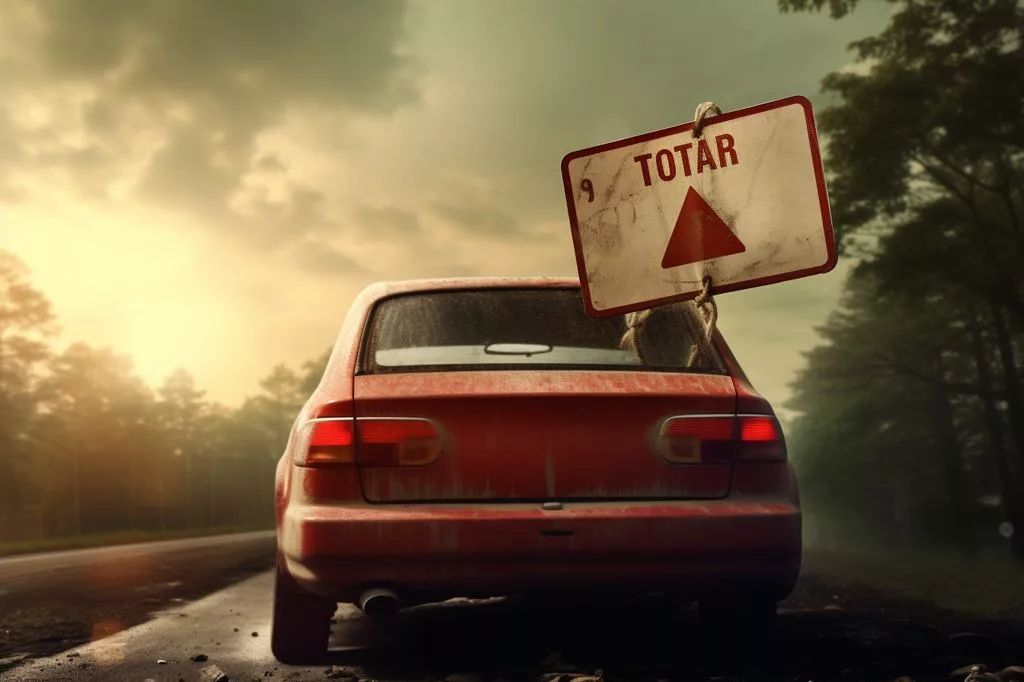The Gauteng Provincial Government and Diageo South Africa have launched the “Wrong Side of the Road” campaign to provide free learners licenses to disadvantaged young individuals living in TISH areas within Gauteng. The campaign aims to combat youth unemployment and enhance road safety by kickstarting the process of obtaining a driver’s license and emphasizing responsible and safe driving habits during the learning phase. The initiative has received over 130,000 applications since its announcement in August 2023.
The “Wrong Side of the Road” Campaign: Empowering and Educating the Youth
In partnership with Diageo South Africa, the Gauteng Provincial Government has launched the “Wrong Side of the Road” campaign to provide free learners licenses to disadvantaged young individuals living in TISH areas within Gauteng. The initiative aims to combat youth unemployment and enhance road safety by kickstarting the process of obtaining a driver’s license and emphasizing responsible and safe driving habits during the learning phase. The campaign has received over 130,000 applications since its announcement in August 2023.
In a bid to address youth unemployment and enhance road safety, the Gauteng Provincial Government has partnered with Diageo South Africa to launch a groundbreaking initiative. This campaign aims to provide free learners licenses to disadvantaged young individuals living in townships, informal settlements, and hostels (TISH) within Gauteng. With youth unemployment at a staggering 46.5% in South Africa, the project seeks to combat both employability challenges and alcohol misuse, a significant contributor to road accidents.
The “Wrong Side of the Road” Campaign: Empowering and Educating the Youth
The campaign, dubbed “Wrong Side of the Road,” focuses on helping young people aged 17-34 years from TISH areas in Gauteng by covering the administrative fees for their learners’ licenses. With an initial target of assisting 40,000 individuals, the response has been phenomenal – over 130,000 applications have been submitted since the project’s announcement by Gauteng Premier Panyaza Lesufi in early August 2023.
The Premier views this initiative as serving two main purposes: firstly, it kickstarts the process of obtaining a driver’s license, which can significantly improve one’s employability. Secondly, it emphasizes responsible and safe driving habits during the learning phase, ultimately contributing to better road safety.
Supporting Project Last-Mile and the Recruitment Process
In collaboration with the Gauteng Economic Development Department, the campaign has earmarked 10,000 of the 40,000 learners’ license slots for motorbike licenses. This allocation lends support to Project Last-Mile, an ambitious scheme aimed at equipping, training, mentoring, and connecting young people with job opportunities. Participants will receive training, access to motorbikes via various options (rent-to-own, rental, or outright purchase), and contracts with leading industry partners.
The recruitment phase has come to an end, and successful applicants will be informed through SMS and WhatsApp. To qualify for the free learner’s license booking, participants need to watch an educational video, complete a short quiz regarding the effects of alcohol and the stigma surrounding drunk driving, and achieve an 80% pass rate using the K53 app.
The initiative acknowledges the potential data limitations faced by some applicants and encourages them to visit local libraries for free Wi-Fi access during the application process. However, no further registrations will be accepted, and only those on the current recruitment list can continue with the journey.
Eligibility Criteria and the Upcoming Phase
To be eligible for the campaign, applicants must meet the following requirements:
- Be South African citizens
- Reside in TISH areas of Gauteng
- Be aged between 17-34
- Have studied for the learners’ test using the K53 app’s learning material
For the next phase, applicants must be available to take their learner’s license between 19 October 2023 and 28 February 2024. The campaign is limited to 40,000 learners’ licenses, encompassing license types Code 1, Code 2, and Code 3.
Impact and Future Implications
This innovative initiative marks a significant stride towards empowering Gauteng’s youth by providing them with the necessary resources and opportunities to surmount employment barriers. By merging the learner’s license acquisition process with education on responsible alcohol consumption and safe driving habits, the campaign also helps foster a safer environment on the roads.
The overwhelming response to the campaign underlines the pressing need for such initiatives and the immense potential they possess in addressing both the employment crisis and road safety concerns. As the program moves forward, it will be crucial to monitor its impact and gather insights to inform similar future interventions.
In conclusion, the “Wrong Side of the Road” campaign represents a commendable effort by the Gauteng Provincial Government and Diageo South Africa in combatting youth unemployment and promoting road safety. By offering opportunities for education, training, and access to learners’ licenses, the initiative is poised to empower thousands of young individuals and contribute to a safer and more prosperous Gauteng.
1. What is the “Wrong Side of the Road” campaign?
The “Wrong Side of the Road” campaign is an initiative launched by the Gauteng Provincial Government and Diageo South Africa to provide free learners licenses to disadvantaged young individuals living in TISH areas within Gauteng.
2. What is the goal of the campaign?
The campaign aims to combat youth unemployment and enhance road safety by kickstarting the process of obtaining a driver’s license and emphasizing responsible and safe driving habits during the learning phase.
3. Who is eligible for the campaign?
To be eligible for the campaign, applicants must be South African citizens, reside in TISH areas of Gauteng, be aged between 17-34, and have studied for the learners’ test using the K53 app’s learning material.
4. How many applications has the campaign received so far?
The campaign has received over 130,000 applications since its announcement in August 2023.
5. How many learners’ license slots have been earmarked for motorbike licenses?
The campaign has earmarked 10,000 of the 40,000 learners’ license slots for motorbike licenses.
6. How will successful applicants be informed?
Successful applicants will be informed through SMS and WhatsApp.
7. What is Project Last-Mile?
Project Last-Mile is an ambitious scheme aimed at equipping, training, mentoring, and connecting young people with job opportunities. The campaign has earmarked 10,000 of the 40,000 learners’ license slots for motorbike licenses to lend support to this project.
8. When is the upcoming phase for the campaign?
For the next phase, applicants must be available to take their learner’s license between 19 October 2023 and 28 February 2024.








